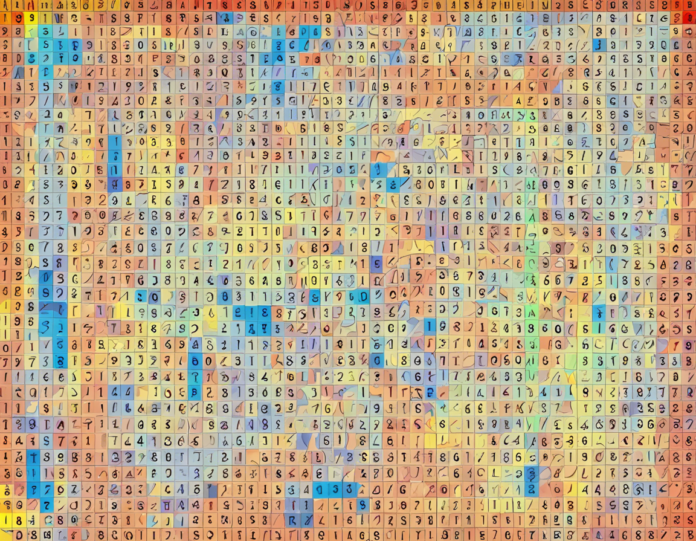Understanding Prime Numbers: A Deep Dive
In the realm of mathematics, prime numbers hold a special place due to their unique characteristics. These integers play a significant role in various mathematical concepts and applications. In this article, we will explore the intricacies of prime numbers, with a special focus on the primality of the number 109.
What are Prime Numbers?
A prime number is a natural number greater than 1 that can only be divided by 1 and itself without leaving a remainder. In simpler terms, a prime number has exactly two distinct positive divisors: 1 and the number itself.
Characteristics of Prime Numbers
- Uniqueness: Every prime number is unique and cannot be formed by multiplying other two positive integers (except for 1 and the number itself).
- Density: Prime numbers become less frequent as we move along the number line, a concept known as the prime number theorem.
- Fundamental Building Blocks: Prime numbers are considered the fundamental building blocks of all natural numbers through the process of prime factorization.
Why is 109 Unique?
The number 109 is indeed a prime number. It satisfies the definition of a prime number as it is greater than 1 and has only two positive divisors: 1 and 109. This property makes it distinct from composite numbers, which have more than two positive divisors.
Properties of the Prime Number 109
- Odd Number: Being greater than 2, a prime number like 109 is always an odd number since even numbers (except for 2) are divisible by 2.
- Sum of Digits: The sum of the digits of 109 is 1+0+9 = 10, which is not a prime number. However, this does not affect the primality of 109 itself.
Applications of Prime Numbers
- Cryptography: Prime numbers play a crucial role in modern encryption techniques, such as RSA encryption, ensuring secure communication over the internet.
- Number Theory: Prime numbers are deeply intertwined with number theory and are the focus of many mathematical conjectures and theorems.
- Computer Science: Prime numbers find applications in various algorithms and data structures, such as hashing functions and prime factorization algorithms.
FAQs about Prime Numbers
-
Can 1 be a Prime Number?
No, 1 is not considered a prime number as it does not satisfy the definition of having exactly two distinct positive divisors. -
Are There an Infinite Number of Prime Numbers?
Yes, there are infinitely many prime numbers, as proven by the Greek mathematician Euclid in 300 BC. -
What is the Largest Known Prime Number?
As of 2021, the largest known prime number is 2^82,589,933 − 1, a number with over 24 million digits. -
Can Prime Numbers have Decimal or Fractional Parts?
No, prime numbers are defined only for natural numbers greater than 1 and do not include decimal or fractional parts. -
Do Prime Numbers Follow a Pattern?
While prime numbers do not follow a simple arithmetic progression, there are certain patterns and conjectures related to their distribution along the number line.
In conclusion, prime numbers like 109 play a foundational role in mathematics and have diverse applications across various fields. Their unique properties and characteristics continue to fascinate mathematicians and scientists, showcasing the beauty and complexity of the world of numbers.

